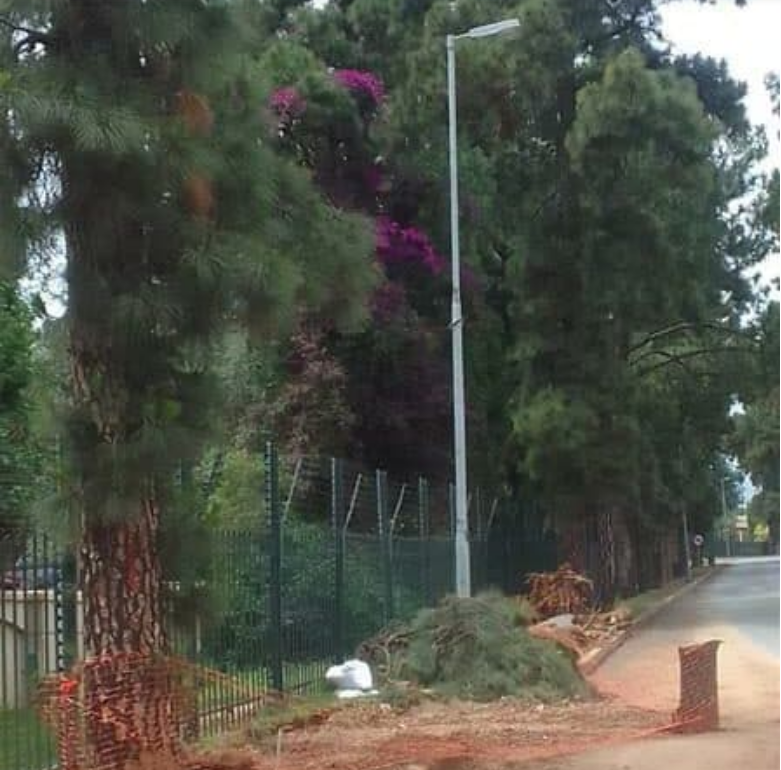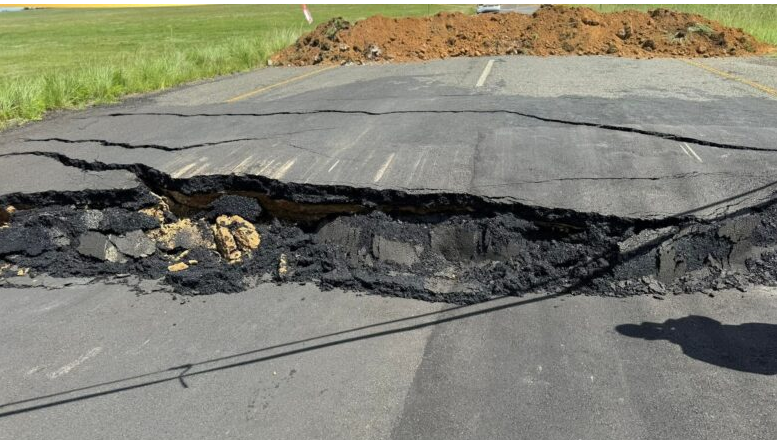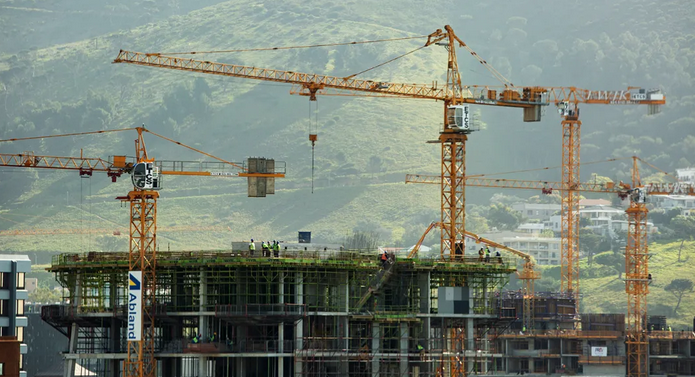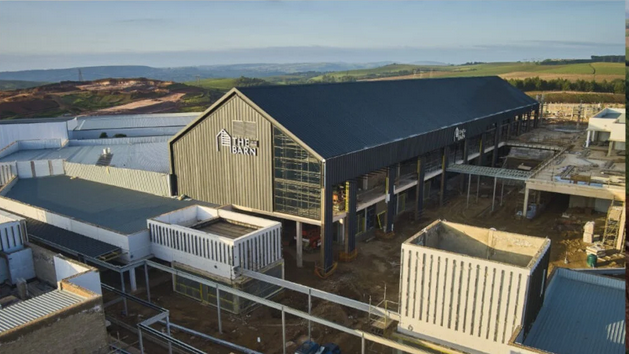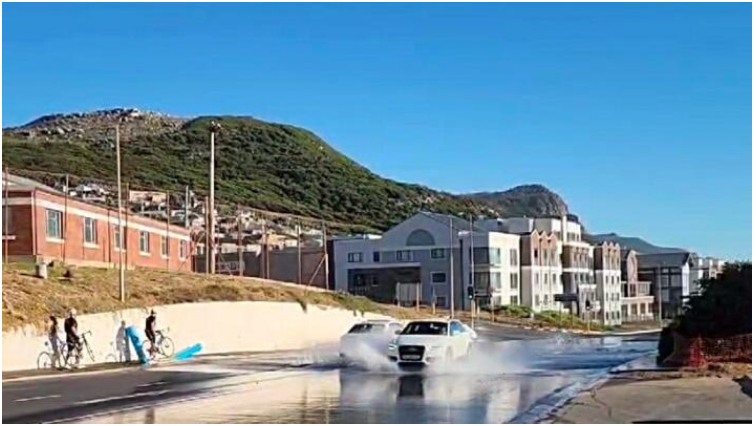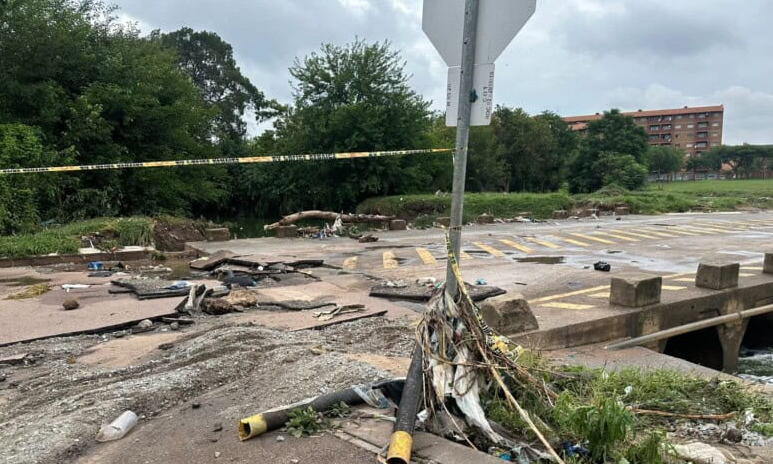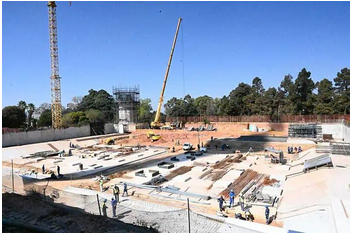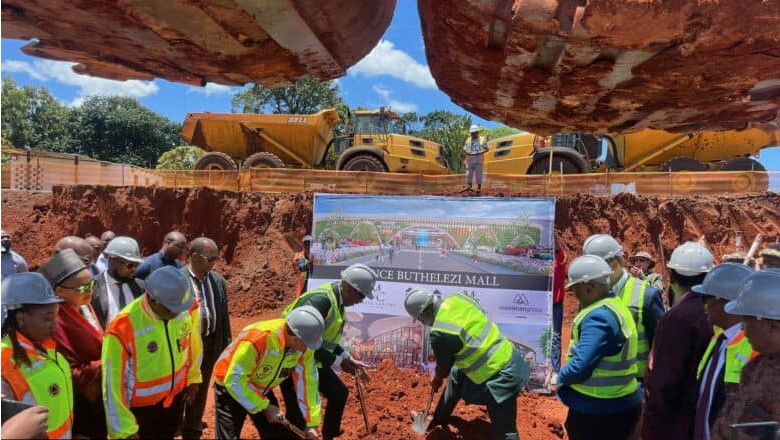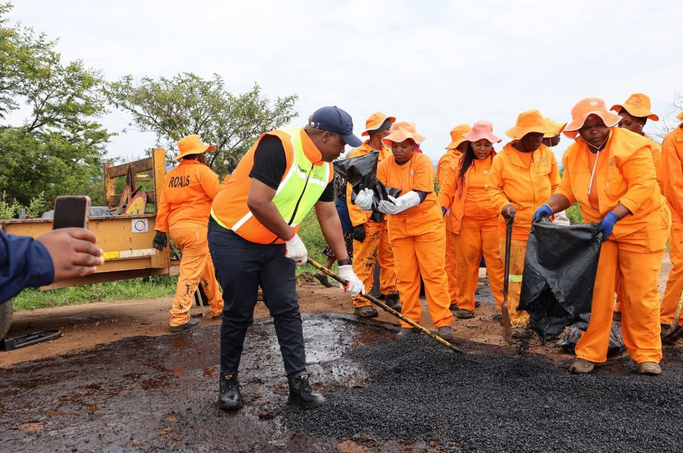Good news for plastic roads in South Africa
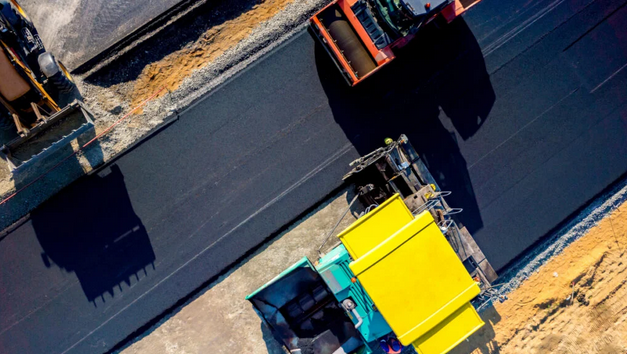
06-09-2024
Read : 300 times
Business Tech
Source
It’s been five years since the first plastic road was laid down in Jeffreys Bay, and the latest update of the road indicates it lasts longer than traditional tar—showing massive potential for the future of road construction in South Africa.
In 2019, the Kouga Municipality, in partnership with Scottish firm MacRebur and local civil engineering experts, embarked on this innovative pilot project, which has since shown significant promise.
Five years after its completion, the plastic-infused road has demonstrated remarkable durability compared to traditional tar roads.
The DA-led Kouga Municipality first proposed the concept of a plastic road in 2016, and the project gained official approval in 2019.
Horatio Hendricks, the municipality’s executive mayor, explained that the region faced a backlog of road repairs totalling more than R500 million.
The municipality lacked the financial resources to address this issue through conventional road-building methods.
Thus, the idea of using plastic waste as a substitute for traditional asphalt emerged as both an eco-friendly and financially feasible alternative.
The plastic road in Jeffreys Bay uses a unique mixture of plastic waste, including plastic bags, which are melted down and integrated into the road’s asphalt.
Each kilometre of the road can incorporate up to 1.8 million plastic bags, significantly reducing waste that would otherwise end up in landfills or oceans.
These roads are not only a solution to plastic waste but also provide a stronger and more durable surface than traditional tar roads.
Water, one of the primary causes of potholes, is less likely to penetrate the plastic-infused asphalt, ensuring that the road remains in better condition for longer periods.
At the end of 2023, Hendricks noted that the plastic road still appeared brand new, while a nearby traditional tar road, built in the same year, was already showing signs of wear and tear.
Hendricks referred to the plastic road as a “triple threat” due to its environmental, economic, and infrastructural benefits.
By using plastic waste, the road contributes to waste management solutions and reduces the need for raw materials in road construction.
The expectation is that these roads will last twice as long as their traditional counterparts, reducing the financial burden of road repairs and minimising the backlog of infrastructure projects.
The success of plastic roads has far-reaching implications beyond just better infrastructure.
Experts argue that adopting this technology on a larger scale could revolutionize the plastic waste value chain in South Africa.
By creating a financial incentive for recycling, plastic roads could spur job creation in the recycling and construction industries, further boosting the local economy.
Moreover, plastic roads address two critical issues facing the country: waste management and infrastructure maintenance.
With South Africa grappling with rising plastic waste levels, plastic roads offer an effective solution to repurpose this waste while delivering cost-effective, long-lasting roads.
The reduction in the frequency and cost of road repairs also provides municipalities with the opportunity to allocate funds to other pressing needs.
The laying of 200 tons of plastic-infused tarmac on the N3 highway between Durban and Johannesburg further highlighted the durability of the plastic-infused road.
Early signs suggest that this project will deliver similar results, providing a more sustainable and long-lasting road surface for one of South Africa’s busiest transportation routes.
While the results from Jeffreys Bay and the N3 project are promising, widespread adoption of plastic roads across South Africa is yet to be seen.
BusinessTech reached out to the Department of Transport for comment on their views regarding the positive signs and what this could mean for the future of road construction in the country, including any plans for the current financial year, but it did not respond by the time of writing.
As South Africa continues to explore innovative solutions to its infrastructure challenges, plastic roads represent a significant opportunity.
If successful on a larger scale, they could transform road construction, reduce plastic waste, and alleviate some of the financial strain on municipalities tasked with maintaining the country’s road network.
Recent News
Here are recent news articles from the Building and Construction Industry.
Have you signed up for your free copy yet?
